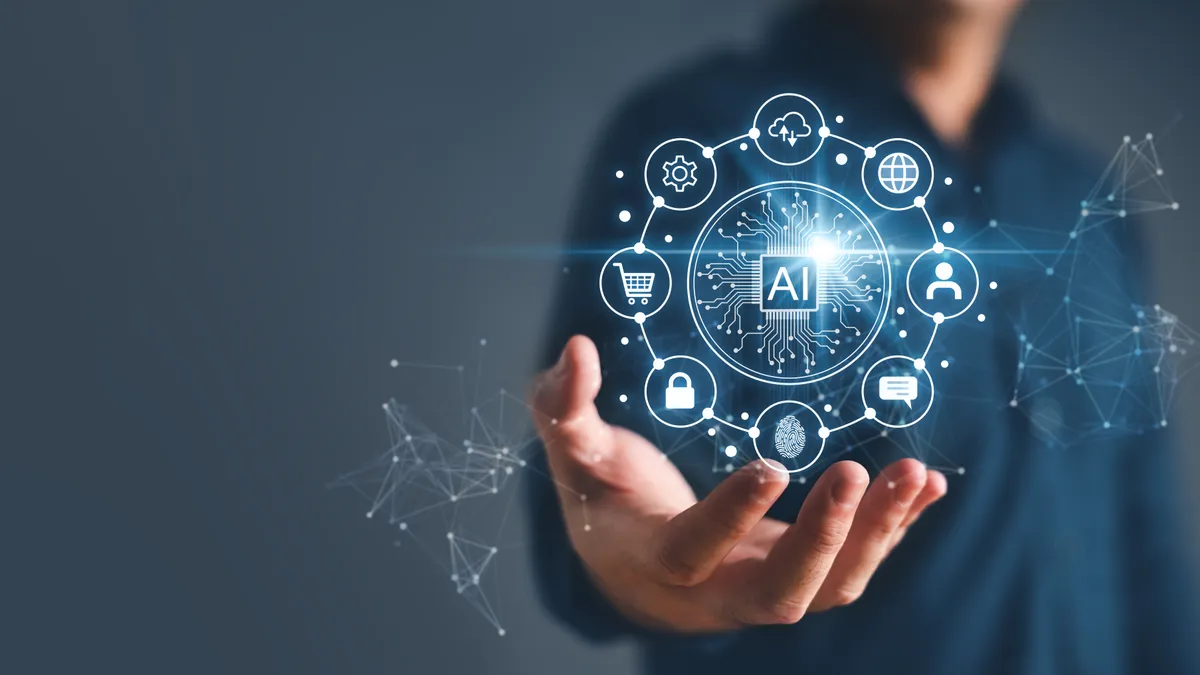ChatGPT: The Ultimate Guide to OpenAI's Chatbot
ChatGPT, OpenAI's revolutionary AI chatbot, has rapidly transformed communication since its November 2022 launch. Initially designed for tasks like essay and code generation, ChatGPT now boasts millions of weekly active users and continues to evolve.
Key Developments and Updates
2024 marked significant milestones for OpenAI, including a partnership with Apple for "Apple Intelligence," the release of GPT-4o with voice capabilities, and the launch of the text-to-video model, Sora. OpenAI also faced internal changes with the departure of key executives and legal challenges, including copyright infringement lawsuits and an injunction from Elon Musk.
In 2025, OpenAI addressed competition from rivals like DeepSeek, strengthened its relationship with the U.S. government, pursued ambitious data center projects, and reportedly prepared for substantial funding rounds.
Timeline of Recent ChatGPT Updates
- May 2025: OpenAI's CFO highlighted hardware's role in ChatGPT's growth, the AI coding agent Codex was unveiled, and GPT-4.1 models were released. ChatGPT deep research gained GitHub integration, and data residency programs expanded to Asia. OpenAI also addressed sycophancy issues and a bug affecting minors.
- April 2025: OpenAI clarified the reasons behind ChatGPT's increased agreeableness, addressed a bug related to inappropriate content generation, and enhanced ChatGPT search with shopping features. Discussions about linking AI models with cloud models emerged, and an "open" AI model was announced. Concerns arose about GPT-4.1's alignment and o3's benchmark scores. Flex processing was introduced for cost-effective AI tasks, and biorisk safeguards were implemented. New reasoning models, o3 and o4-mini, were launched. OpenAI also worked on image watermarks and offered ChatGPT Plus free to college students. GPT-4.5's API removal was announced, and GPT-4.1 models focused on coding were unveiled.
- March 2025: OpenAI planned a new open language model, removed image generation restrictions, and adopted Anthropic's Model Context Protocol. Studio Ghibli-style image generation sparked copyright concerns. Revenue projections were released, and the image generation feature was upgraded. Leadership updates were announced, the AI voice assistant was improved, and privacy complaints emerged in Europe. OpenAI upgraded transcription and voice-generating models, launched o1-pro, and explored AI's potential in creative writing. New tools for building AI agents were introduced, and pricing for specialized AI agents was reported. Direct code editing in ChatGPT was enabled.
- February 2025: OpenAI canceled the o3 model in favor of a unified next-gen release, reassessed ChatGPT's power consumption, and enhanced o3-mini's thought process transparency. ChatGPT web search became accessible without login, and a deep research agent was unveiled.
- January 2025: OpenAI used Reddit for AI persuasion testing, launched the o3-mini reasoning model, and revealed user demographics. ChatGPT Gov was launched for U.S. government agencies, teen usage for schoolwork increased, and data retention policies for Operator were clarified. Operator, an autonomous AI agent, was launched, and phone number-only signups were tested. ChatGPT gained reminder scheduling, and users could assign traits to the chatbot.
Frequently Asked Questions (FAQs)
Find answers to common questions about ChatGPT, its functionality, usage, and more in our comprehensive FAQ section.







